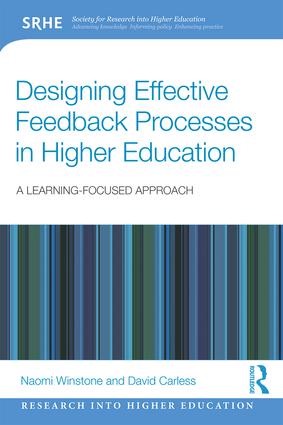feedback
Select an item by clicking its checkbox
At the end of semesters, I often share a joke with my colleagues: “I love teaching – except for the grading!” There’s a truth hidden in that humor. Grading involves a host of emotions: joy, frustration, pride, disappointment, even confusion. Then, once we’ve finally completed the grading marathon, another ...
If you teach long enough, you will teach a course that feels flat, has low morale, or even fails. While a totally ruined course is rare, there are moments when the sinking, the malaise—yours and that of the students, happens. We all know this experience. If you have never ...
Student course evaluations can be fraught. Many of my friends don’t even look at theirs, either because it’s so stressful/shameful or because they don’t think there’s anything to be learned in them. Course evaluations are, after all, only one (admittedly limited and often problematic) data ...
Lurking on social media the other day, I listened to colleagues discussing how to respond to a student paper in a philosophy class. The assignment was about our responsibilities towards (nonhuman) animals. The student argued that we can do whatever we want with animals because God has given us dominion ...
Date Reviewed: June 17, 2021
Including discussions on promoting student engagement with feedback, technology-enabled feedback, and effective peer feedback, this book:
-Contributes to the theory and practice of feedback in higher education by showcasing new paradigm feedback thinking focused on dialogue and student uptake
-Synthesises the evidence for effective feedback practice
- Provides contextualised examples of successful innovative
feedback designs analysed in relation to relevant literature
-Highlights the importance of staff and student feedback literacy in developing productive feedback partnerships
-Supports higher education teachers in further developing their feedback practice.
Designing Effective Feedback Processes in Higher Education: A Learning-Focused Approach contributes to the theory and practice of higher education pedagogy by re-evaluating how feedback processes are designed and managed. It is a must-read for educators, researchers, and academic developers in higher education who will benefit from a guide to feedback research and practice that addresses well recognised challenges in relation to assessment and feedback. (From the Publisher)




